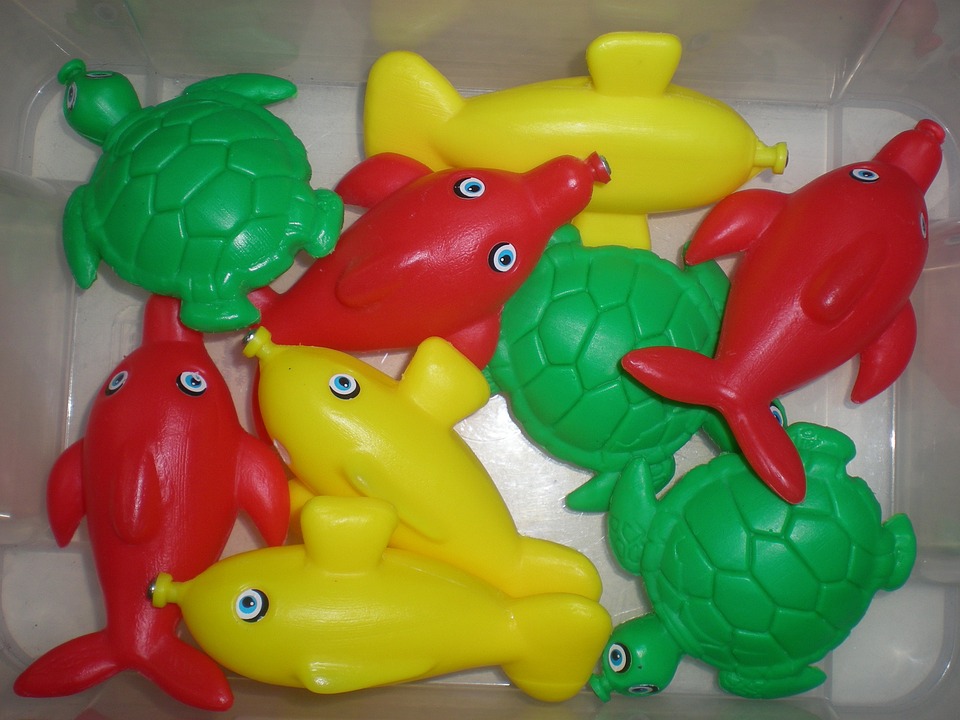Fish tank fish stress is a common issue faced by aquarium enthusiasts. Just like humans, fish can experience stress, which can lead to various health problems and even death if not addressed promptly. In this article, we will discuss how to recognize signs of fish tank fish stress and provide guidance on how to address and prevent it.
Understanding the Causes
There are several factors that can contribute to fish tank fish stress. Environmental factors such as poor water quality, inadequate tank size, overcrowding, improper tank setup, lack of hiding places, and aggressive tank mates can all cause stress in fish. It is important to understand these causes in order to effectively address and prevent stress in your fish tank.
Signs of Fish Tank Fish Stress
It is essential to recognize the signs of fish tank fish stress in order to take appropriate action. Changes in behavior, loss of appetite, lethargy, frequent hiding, faded or discolored scales, rapid breathing, and excessive scratching against tank surfaces are all indicators of fish stress. If you notice any of these signs, it is important to take action to alleviate the stress and prevent further health issues.
Addressing Fish Tank Fish Stress
There are several steps you can take to address and alleviate fish tank fish stress.
First, it is crucial to improve water quality in the tank. Regular water testing and maintenance, appropriate filtration systems, proper temperature and pH levels, and consistent water changes are all important factors in maintaining good water quality.
Providing a suitable tank environment is also key in reducing stress. Choose the right tank size for your fish and create hiding spots and shelters to give them a sense of security. Ensure proper lighting conditions and maintain a clean and clutter-free tank.
Avoiding overcrowding is another important aspect of reducing fish stress. Research fish compatibility and limit the number of fish per gallon to provide adequate swimming space. Avoid aggressive or territorial species that can cause stress to other tank mates.
Minimizing environmental stressors is also crucial. Avoid sudden changes in water parameters, reduce noise and disturbances near the tank, and keep the tank away from direct sunlight or drafts.
FAQs (Frequently Asked Questions)
Here are some commonly asked questions about fish tank fish stress:
Q1: How can I tell if my fish is stressed or just adjusting to a new environment?
A: Signs of stress may include loss of appetite, hiding, rapid breathing, or changes in behavior. If these symptoms persist for an extended period, it is likely due to stress rather than just adjustment.
Q2: Can stress in fish be contagious to other tank mates?
A: Yes, stress can be contagious among fish. It is crucial to monitor and address stress promptly to prevent its spread and potential health issues in other fish.
Q3: Can I use medications to treat fish stress?
A: Medications should only be used under the guidance of a veterinarian or fish health expert. Stress can often be alleviated by improving the tank environment and reducing stressors without the need for medications.
Q4: How long does it take for fish to recover from stress?
A: The recovery time depends on various factors, including the fish species, the severity of stress, and the effectiveness of stress-reducing measures. In general, providing a suitable environment and addressing stressors promptly can lead to a faster recovery.
Q5: Are there any preventive measures to minimize fish stress?
A: Yes, maintaining good water quality, providing an appropriate tank setup, and ensuring proper feeding and care can significantly reduce the likelihood of fish stress. Regular monitoring and addressing any issues promptly are key to prevention.
Conclusion
Recognizing and addressing fish tank fish stress is crucial for maintaining the health and well-being of your aquatic pets. By understanding the causes and recognizing the signs of stress, as well as implementing appropriate measures to address and prevent stress, you can help ensure a thriving and happy fish tank environment. Remember, a stress-free fish is a healthy fish!









